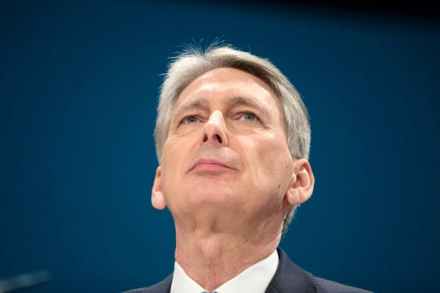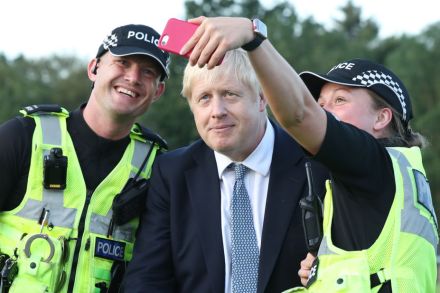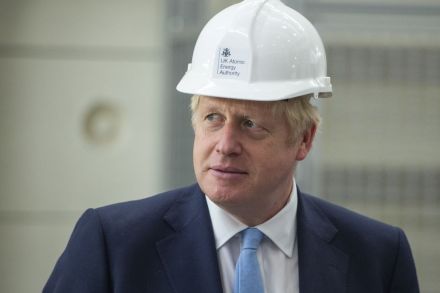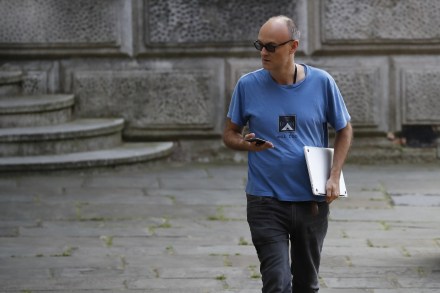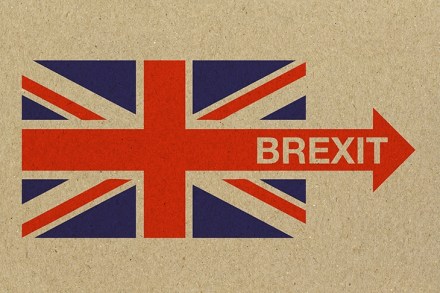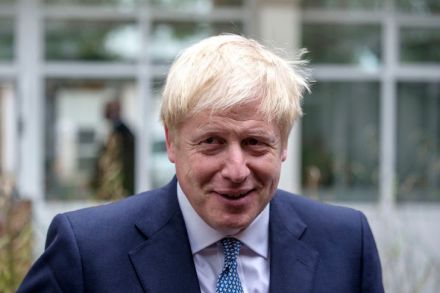Who is Philip Hammond to lecture Boris Johnson on Brexit?
There is a role in British public life known as the Elder Statesman – a former cabinet minister who dispenses wisdom to those currently in office based on their own experiences and observations. There are two qualifications for such a position: firstly, that you leave a decent period between leaving office and setting yourself up in the role, so that it is clear you are not simply trying to settle old scores; and secondly that you are prepared to take an objective approach to your own time in office, admitting to mistakes, saying how you would now approach the problems that you faced in office, with the benefit of hindsight.
